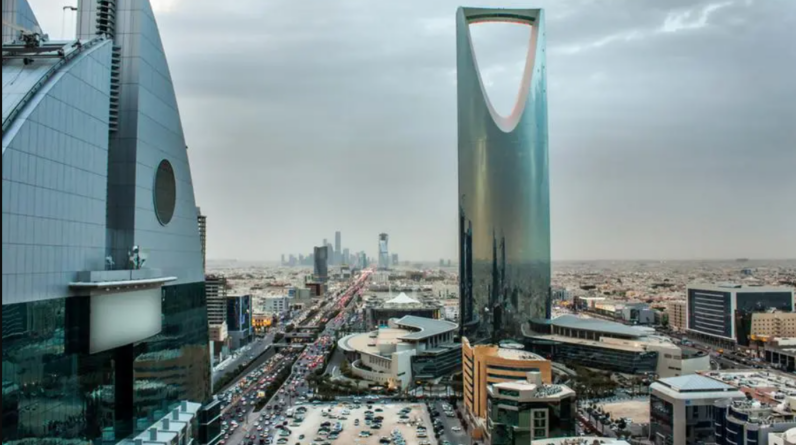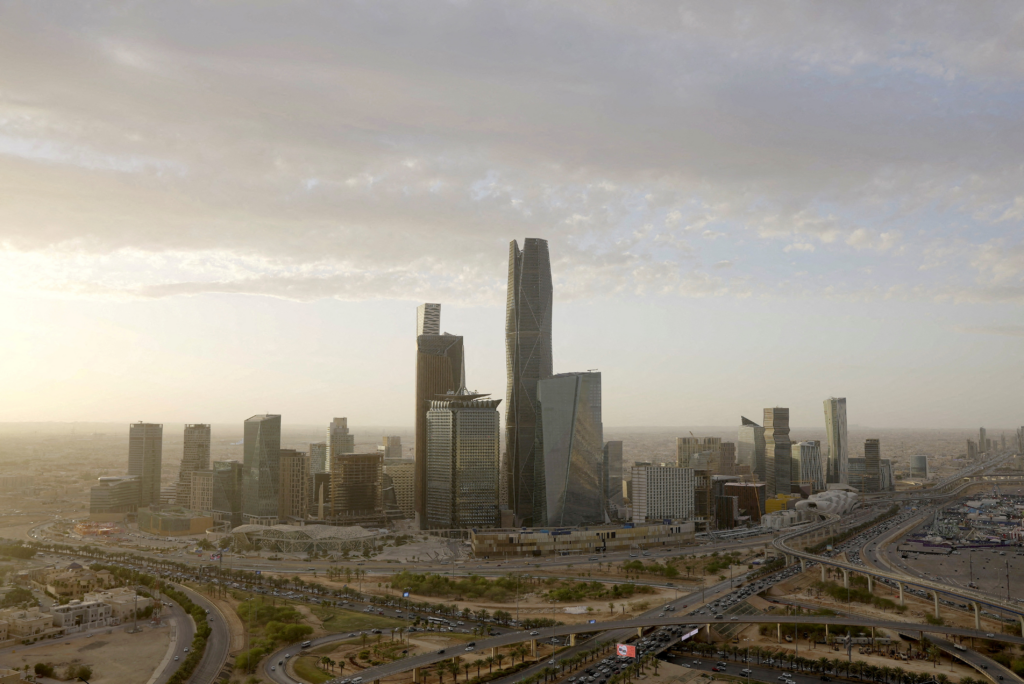
New orders and output declined in Saudi Arabia’s non-oil private sector in May, according to a new business survey released Monday. Job creation increased to the joint-fastest since 2018.
New Orders and Output fell, lowering the headline Purchasing Managers Index (PMI) to 58.5 from 59.6 in April. The indicator was above 50.0 and above its long-term average of 56.9.
The Riyadh Bank PMI showed that new order inflows at non-oil private sector enterprises rose significantly in May after reaching their highest level in eight-and-a-half years in April. Despite rising overseas sales, growth stalled.
“While a slower oil economy and rising interest rates will create a challenging environment for some establishments, most Saudi firms are in good shape and experiencing robust business conditions,” stated Riyad Bank Chief Economist Naif Al-Ghaith Ph.D.

“May results show a small retracement from the strong April outcome, reinforcing the view that overall economic activity is holding up well as we enter the summer months,” he said.
Job creation increased to the joint-fastest since 2018.
The poll said that activity levels increased in May, although the rate of expansion slowed to the weakest in 2023.
For five months, firms bought more inputs and critical components.
“New orders increased, reflecting strong demand, particularly in tourism and construction. Al-Ghaith said the joint-fastest employment creation since 2018 helped enterprises to clear backlogs faster this month.
May saw companies clear backlogs faster due to higher employment and activity.
Business forecasts for the coming year dropped but remain optimistic about production.
“The government continues to implement large-scale diversification policies and accelerate the development of giga-projects, aiming to boost the private sector, the engine for job creation,” Al Ghaith said.
